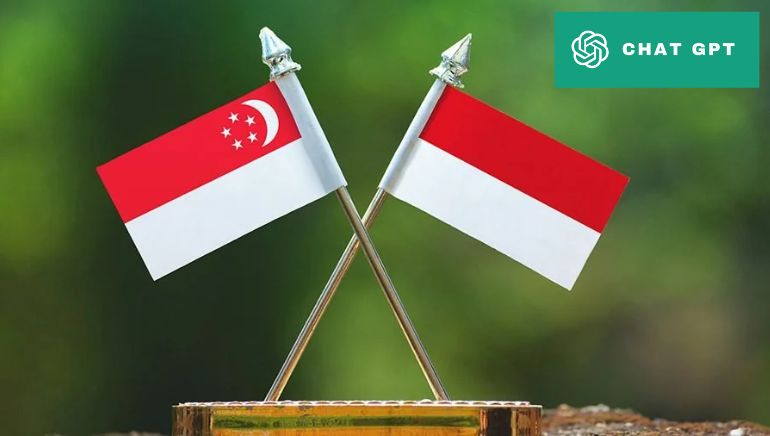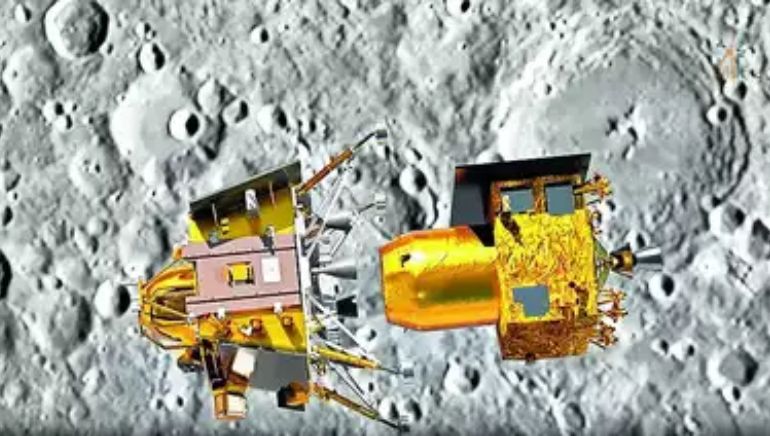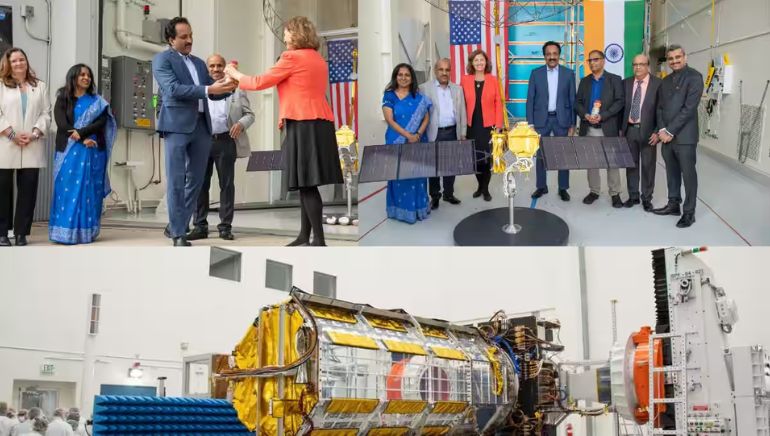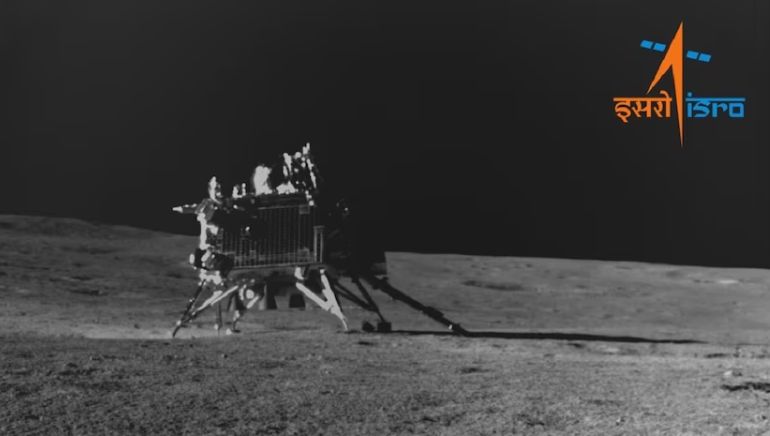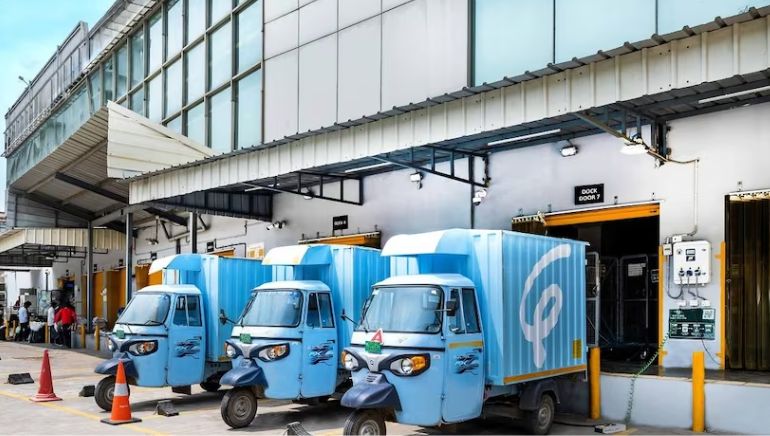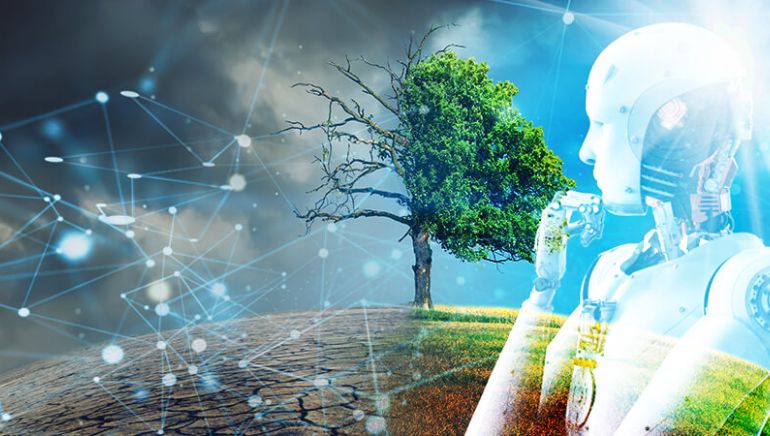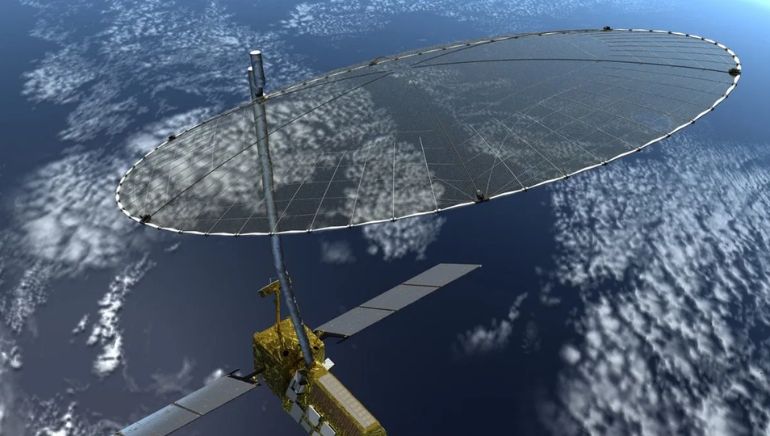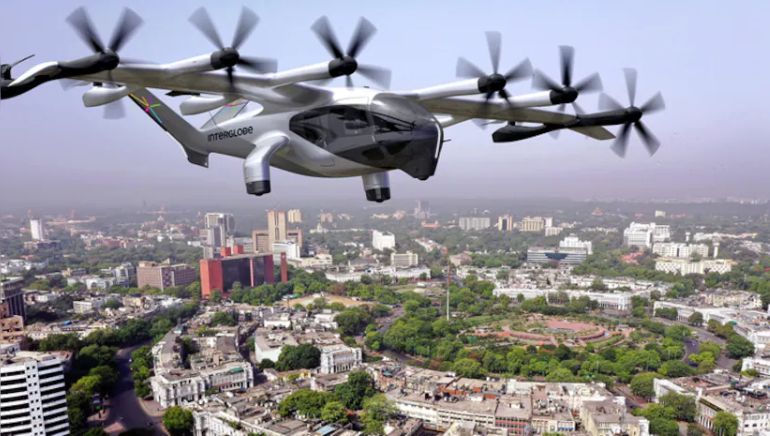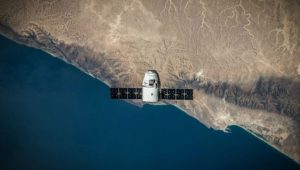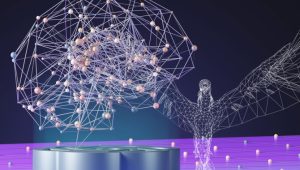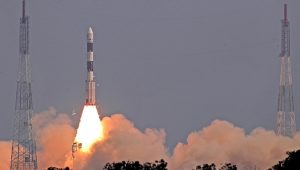A ChatGPT-like tool in Bahasa Indonesia is in the works, following a new agreement between Singapore and Indonesia to collaborate in the field of artificial intelligence (AI).
Signed in Jakarta on Nov 30, four Indonesian entities signed a letter of intent with AI Singapore, the Republic’s national AI programme, to co-develop a new large language model (LLM) tool using similar technology that powers ChatGPT and Google’s Bard.
The four agencies involved include Indonesia’s National Research and Innovation Agency, the Collaboration for Research and Innovation in Artificial Intelligence (Korika), as well as AI tool development firms Glair.ai and Datasaur.ai, backed by venture capital firm GDP Venture.
LLMs process vast amounts of information, learning how language is used to analyze text, comprehend query contexts, generate human-like responses, and perform various language-related tasks. The goal of this initiative is to provide an accessible LLM tool for Bahasa Indonesia, catering to a wide range of stakeholders.
The joint release emphasized the under-representation of South-east Asia in commonly used LLMs, which are predominantly from the US and China. AI Singapore’s head of strategy, partnerships, and growth, Darius Liu, highlighted the importance of such collaborations to address this gap and acknowledged the potential impact of LLM tools on various sectors in the economy.
According to global research firm Statista, Bahasa Indonesia constitutes only 0.6% of online content, underscoring the need for research and development efforts tailored to the language’s unique nuances and demands.
The collaboration comes in the wake of Bahasa Indonesia being designated as the 10th official language of the Unesco General Conference during the 42nd session in Paris on Nov 20. The event, held at Plaza Senayan mall in central Jakarta, signifies a step towards leveraging AI to enhance efficiency in Indonesia and boost the nation’s growth in the future.
Indonesia’s Deputy Minister of Communication and Informatics, Nezar Patria, expressed how AI could contribute significantly to Indonesia’s GDP, potentially adding $366 billion by 2030 and nearly $1 trillion across South-east Asia.





